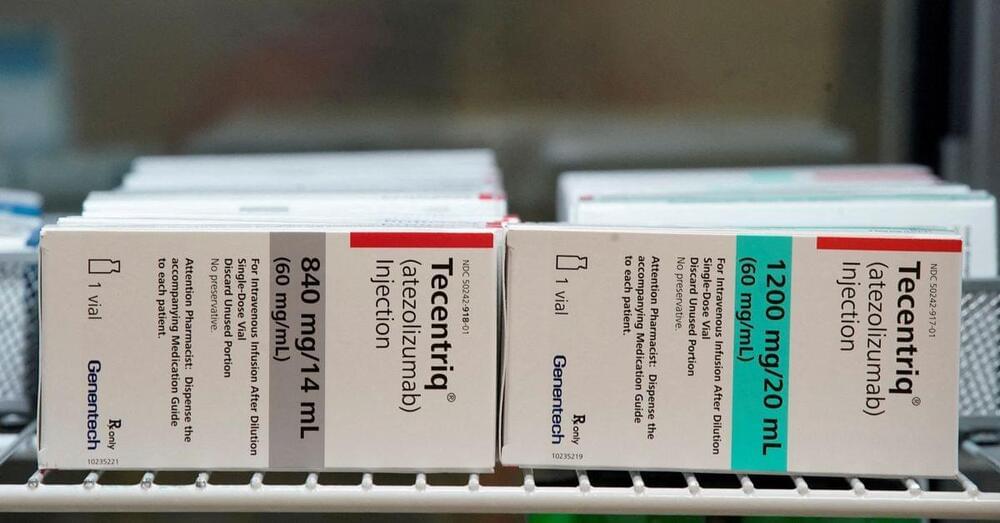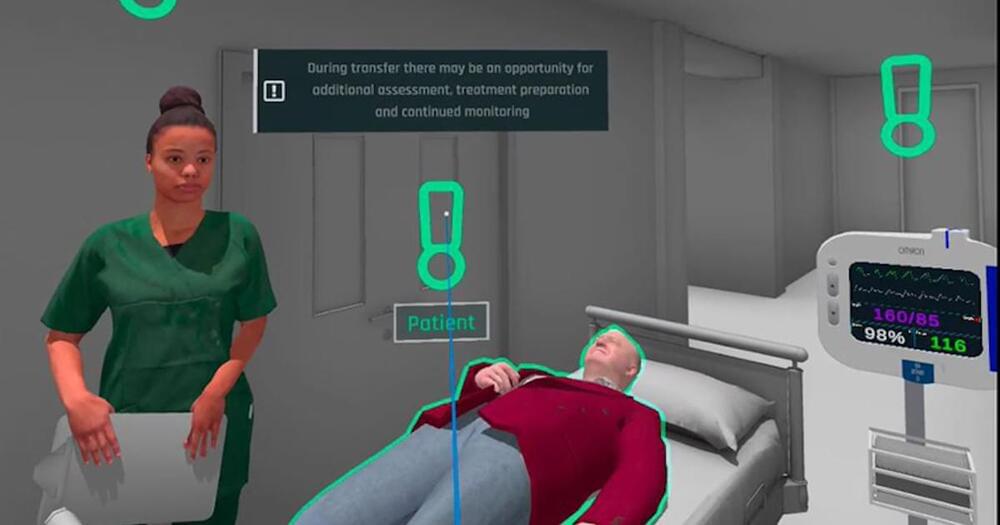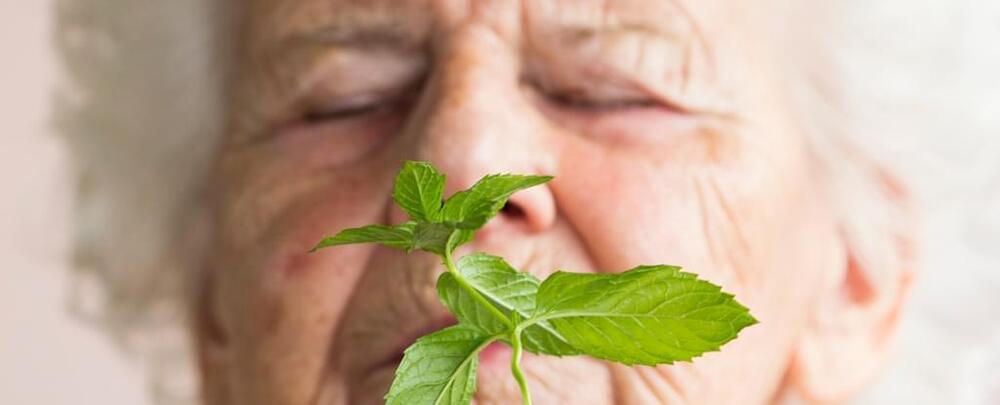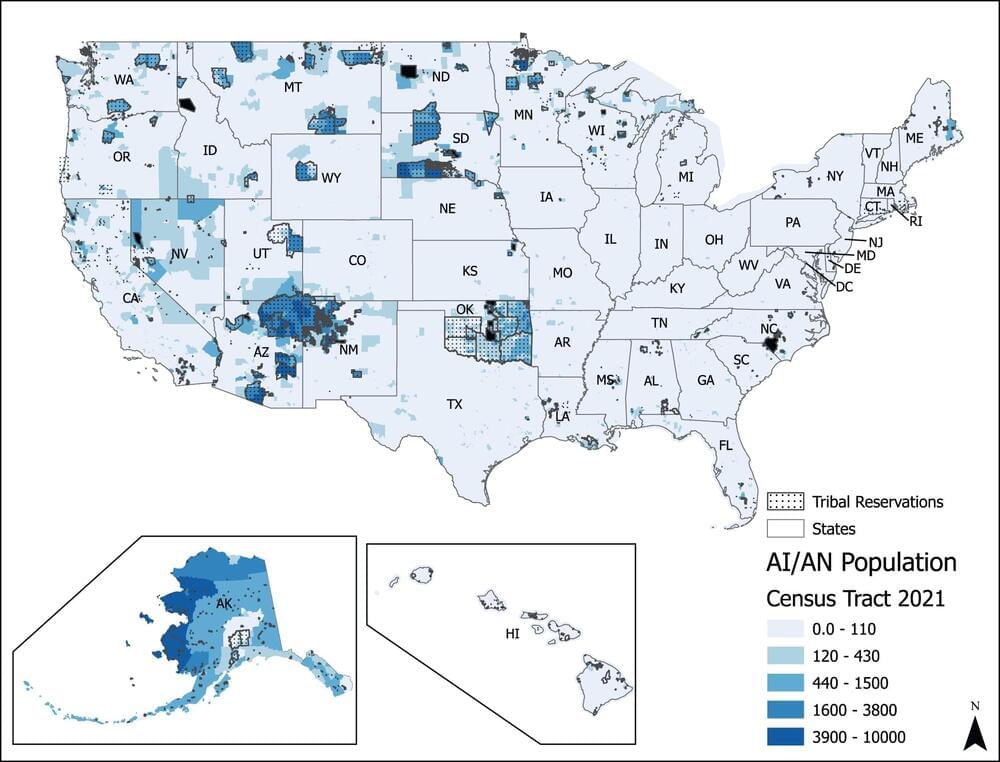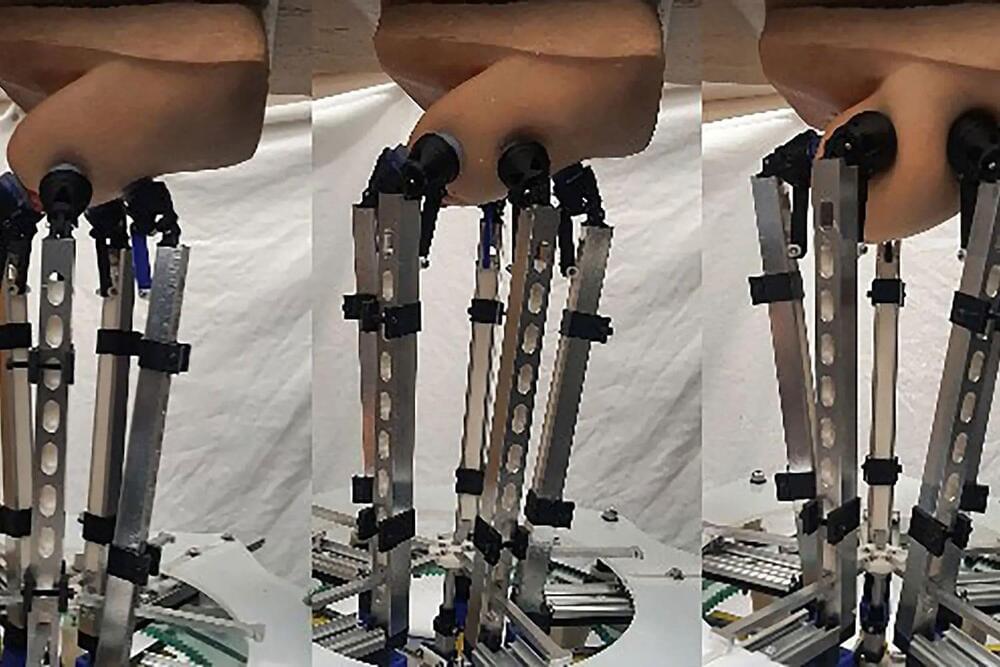To listen to more of John Wheeler’s stories, go to the playlist: https://www.youtube.com/playlist?list=PLVV0r6CmEsFzVlqiUh95Q881umWUPjQbB
American physicist, John Wheeler (1911−2008), made seminal contributions to the theories of quantum gravity and nuclear fission, but is best known for coining the term ‘black holes’. A keen teacher and mentor, he was also a key figure in the Manhattan Project. [Listener: Ken Ford]
TRANSCRIPT: I knew the stories about Gödel being concerned always about his health. I knew from his friend Oscar Morgenstern how Gödel would never take a pills prescription from his doctor without getting out a big medical book and studying up on that pill himself to make sure that it was okay. But I didn’t realize how far his dreams went, because I had failed to resonate to a talk he gave in 1945 at the symposium held in honor of Einstein’s birthday. In that talk Gödel had described what he called a Rotating Universe, a universe where all the galaxies turn the same way, and where the geometry is such that you keep on going living your life and you come round and come back and can live it over again; ‘Closed Time-like Line’ was the magic phrase to describe it. So you didn’t have to worry about the pill because you come back and live your life all over again. Well, after I’d introduced the two I said “Professor Gödel, we’d like to know what the relation is between the great Heisenberg Principle of Uncertainty or Indeterminism; and your famous proof that every significant mathematical system contains theorems which cannot be proven, your theorem of Unprovable Propositions.” Well, he didn’t want to talk about that. It turned out that later that he had walked and talked enough with Einstein to dismiss quantum theory. He didn’t believe quantum[theory]. All he wanted to know is what we were going to say in our book about the rotating universe that he had described. Well actually, we weren’t saying anything. Well, this bothered him and he wanted to know what the evidence is today, at that moment, about whether galaxies do rotate in the same way. We said we hadn’t studied it. Well it turned out that he himself had taken out the great Hubble atlas of the galaxies and page after page had opened it up and looked at each galaxy, determined the direction of its axis. He made a statistics of these numbers and found there was no preferred direction of rotation, so they couldn’t all be rotating in the same way.
